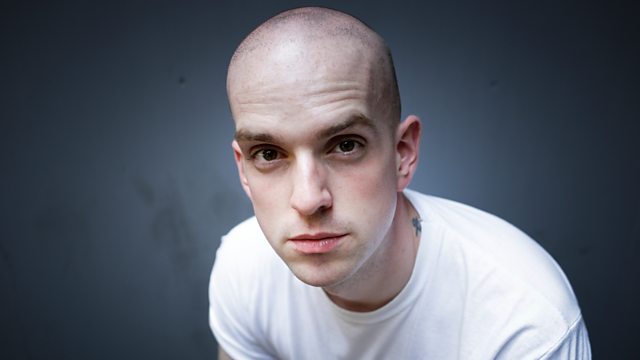The Ghazal
Andrew McMillan explores the recent resurgence in formal poetry. This week: the history of the ghazal and how to write a modern one. With poet and academic, Aviva Dautch.
In this series, free verse poet Andrew McMillan meets a diverse group of contemporary British poets who are reframing traditional techniques to write about the modern world, exploring why form is fashionable again.
For hundreds of years, writers have experimented with the ghazal – one of the oldest and most popular verse forms in the world. First written in pre-Islamic Arabia, the ghazal spread to Africa and Spain where it was often used as a form of lyrical across-cultural dialogue. It has been central to Persian writing since the 13th century, then became a mainstay of traditional verse throughout the Indian Sub-Continent, and is now appearing in contemporary English language poetry.
In today’s programme, poet and academic Aviva Dautch who translates ghazals as well as writing her own, takes us around the world to unpick the music and meaning of the form and explores its use in political and religious dialogue. She considers the elements of the ghazal, from its traditional rhymes and refrain to the register of tone and images with which it is often associated.
We meet Syima Aslam, director of Bradford Literature Festival, who tells us about the importance of the ghazal to her community. Our Guest poet, award winning poet writer Mona Arshi describes how her experimental English ghazals draw on the Indian and Spanish traditions, and Afghan refugee poet Suhrab Sirat explains why the ghazal has given him a home in language.
The reader is Juliet Stevenson.
Photo of Andrew McMillan credited to Urszula Soltys
Producer: Mohini Patel
Last on
Broadcasts
- Sun 30 May 2021 16:30���˿��� Radio 4
- Sat 5 Jun 2021 23:30���˿��� Radio 4

